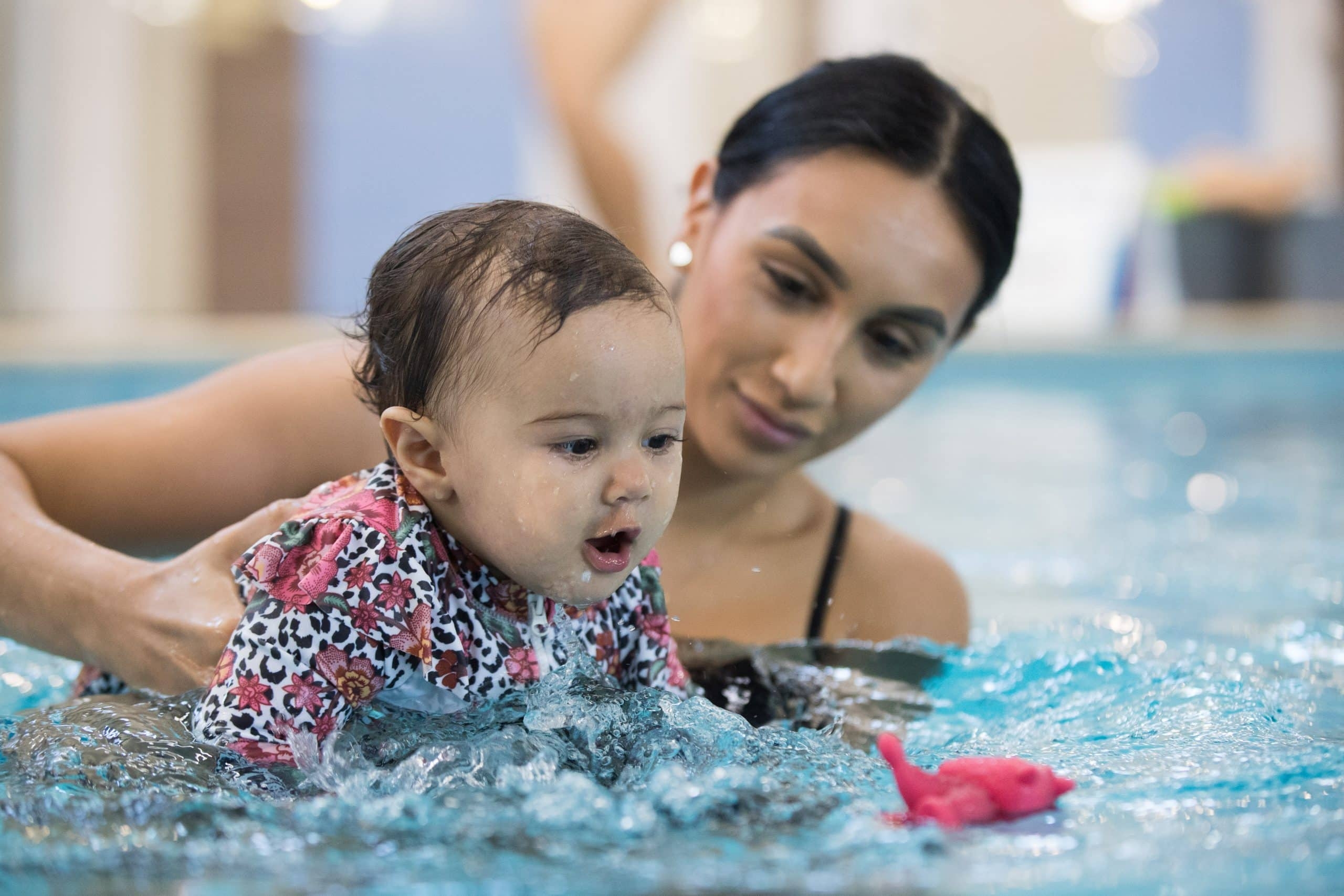

Swimming is not only a fun and enjoyable activity for toddlers, but it also comes with a plethora of benefits. Toddler swimming lessons can be beneficial in so many ways. One of the primary advantages is that it helps improve their physical development. Swimming engages all of the major muscle groups, which helps in building strength and coordination in young children.
Another benefit of toddler swimming lessons is that it enhances their cognitive abilities. The water provides a unique sensory experience that can help stimulate their brain development. It also improves their balance and spatial awareness as they learn to navigate through the water.
Swimming is also great for promoting social interaction among toddlers. In group swimming lessons, children have the opportunity to interact with their peers, helping them develop social skills and build friendships. It also instills a sense of confidence and independence as they learn to float and swim on their own.
Furthermore, swimming is an excellent way to promote water safety skills from an early age. By familiarizing toddlers with water and teaching them basic swimming techniques, they are better equipped to handle themselves in different aquatic environments.
Overall, toddler swimming lessons offer a wide range of benefits that contribute to their overall well-being. Not only does it promote physical development, cognitive abilities, and social interaction, but it also teaches important water safety skills. So if you're looking for a fun and beneficial activity for your little one, consider enrolling them in toddler swimming lessons today!
Introducing your toddler to swimming lessons can be a delightful milestone. It's not just about splashing around; these lessons play a crucial role in developing essential skills and safety awareness from a young age.
Benefits of Swimming for Toddlers Swimming offers toddlers a unique mix of fun and developmental benefits. Physically, it enhances coordination, balance, and strength, thanks to the resistance water provides. Cognitively, it can boost learning abilities, promote problem-solving skills, and build confidence and self-esteem as they master new techniques.
What to Expect In toddler swimming classes, lessons are structured to engage little ones with games and songs, making learning enjoyable. Instructors focus on basic skills like blowing bubbles, learning to kick, and floating, paving the way for more advanced swimming techniques. Sessions typically last from 30 minutes to an hour, depending on the child's age and concentration span.
Choosing the Right Swim School Selecting the right program is pivotal. Look for accredited swim schools with experienced instructors specialized in early childhood development. Small class sizes, warm pools, and a clean, safe environment are also important factors to consider.
Conclusion Starting swim lessons early sets the foundation for a lifetime of water safety and enjoyment. As your little ones learn to navigate the water, they also build a skill set that extends far beyond the pool. Encourage your child to dive into swimming lessons and watch them flourish in every splash!
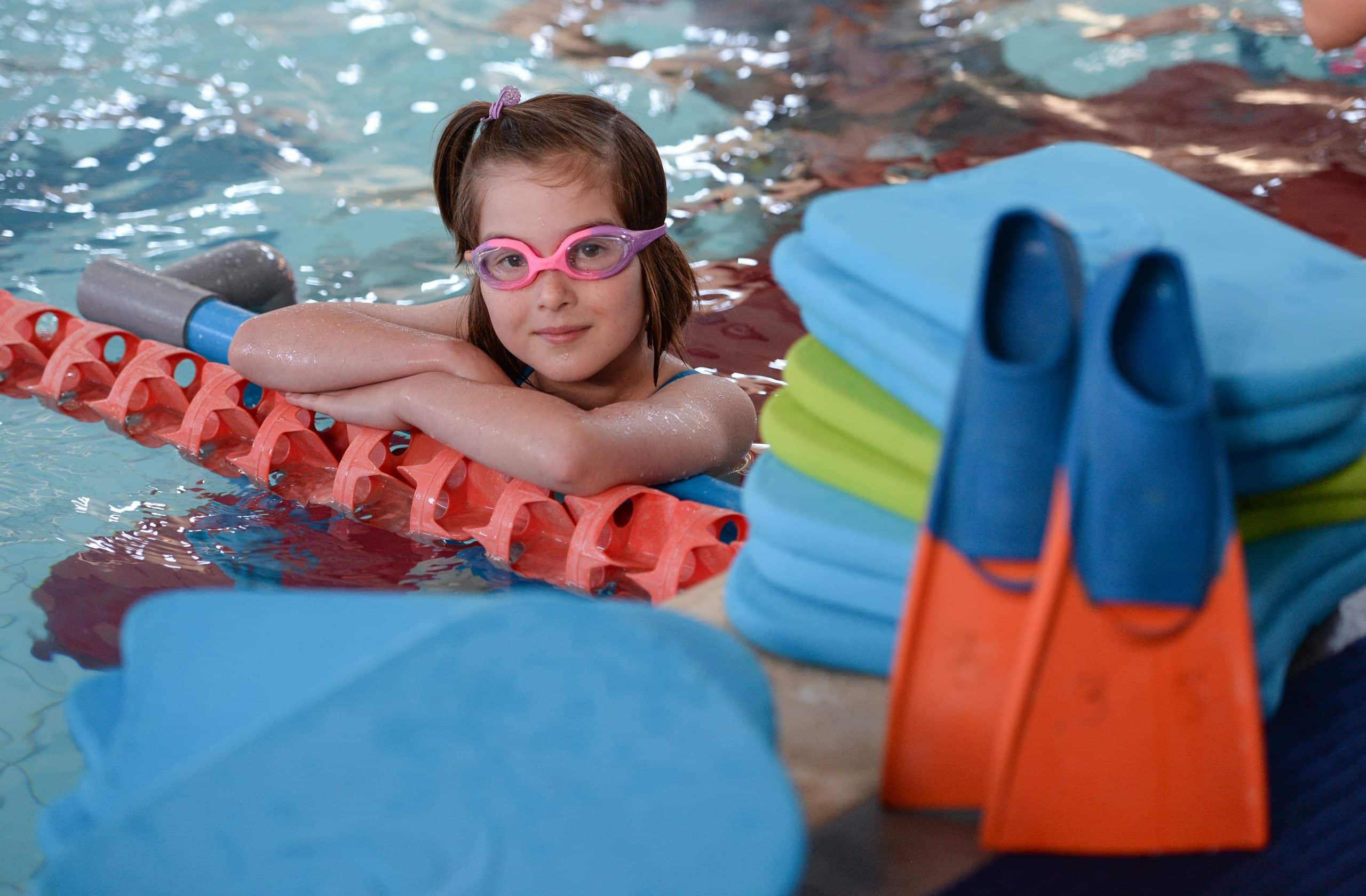
Infant swimming is a topic that often comes with a lot of misconceptions.. Many parents are hesitant to introduce their babies to water at an early age due to fears about safety, health risks, or even the belief that infants are too young to benefit from swimming lessons.
Posted by on 2024-10-28

When it comes to finding the right baby swimming program, there are a few key tips to keep in mind.. First and foremost, you'll want to do your research and look for programs that have certified instructors who are experienced in teaching infants and young children how to swim. It's also important to consider the location of the swimming program.
Posted by on 2024-10-28
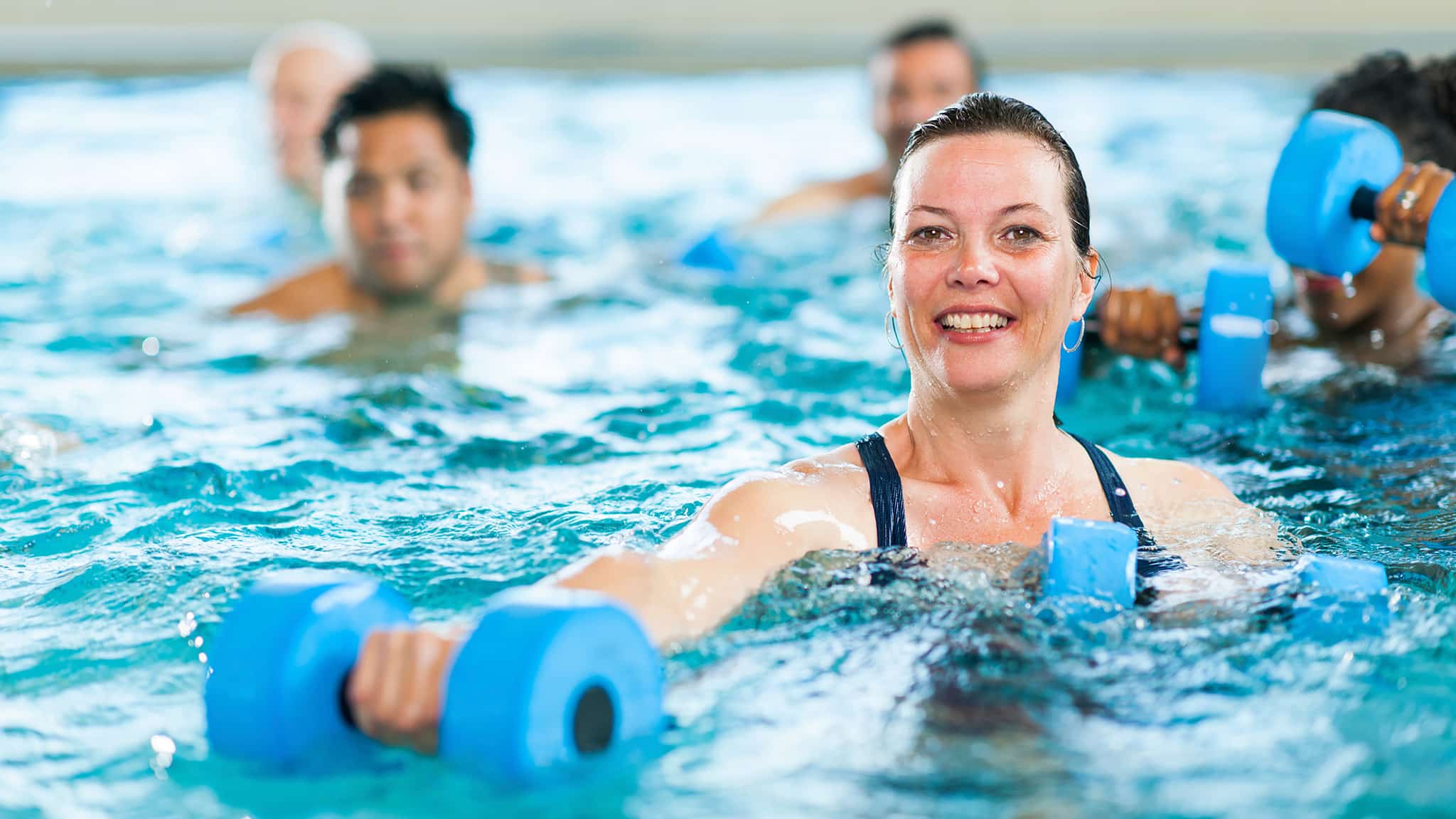
Baby swimming lessons offer numerous benefits for the overall health and well-being of infants.. Through regular exercise in the water, babies can develop important physical and cognitive skills that will benefit them throughout their lives. One of the key benefits of baby swimming lessons is the promotion of physical fitness.
Posted by on 2024-10-28
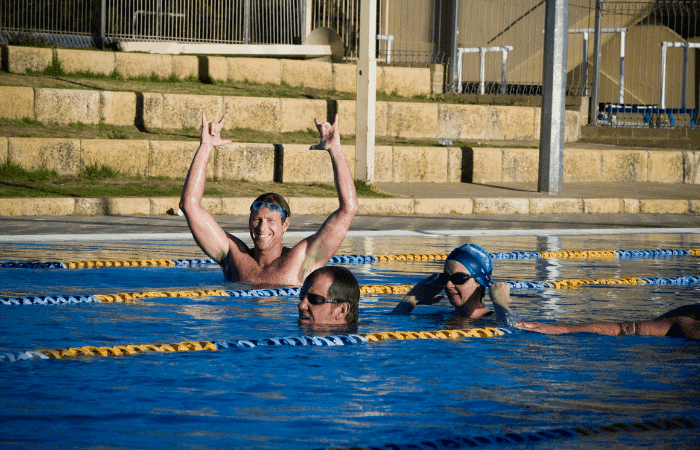
Introducing your baby to swimming early on can have numerous benefits, one of which is the prevention of fear or phobia of water later in life.. By starting your little one in swimming lessons at a young age, you are helping them become comfortable and confident in the water from the very beginning. Babies have a natural affinity for water, as they spent nine months surrounded by it in the womb.
Posted by on 2024-10-28
Water anxiety is common in toddlers, but with a patient and gentle approach, it can be overcome. Understanding and addressing these fears can make swimming a positive aspect of your child’s development.
Understanding Toddler Fears Recognize the signs of anxiety, such as clinging, crying, or tantrum-throwing before or during water exposure. These behaviors are typical and can be addressed with a thoughtful approach.
Gentle Introduction Techniques Introduce water play outside of structured lessons. Bath time can be an excellent opportunity for this. Use toys and make games out of pouring and splashing water to create a fun and stress-free water experience.
Role of Swim Instructors Professional swim instructors who specialize in teaching toddlers can be invaluable. They use techniques designed to soothe anxiety, such as singing songs, playing games, and using colorful equipment to capture a child’s interest.
Conclusion Patience and persistence are essential when helping your toddler overcome water anxiety. With the right support and techniques, your child can transform fear into fun, opening up a world of aquatic adventures.
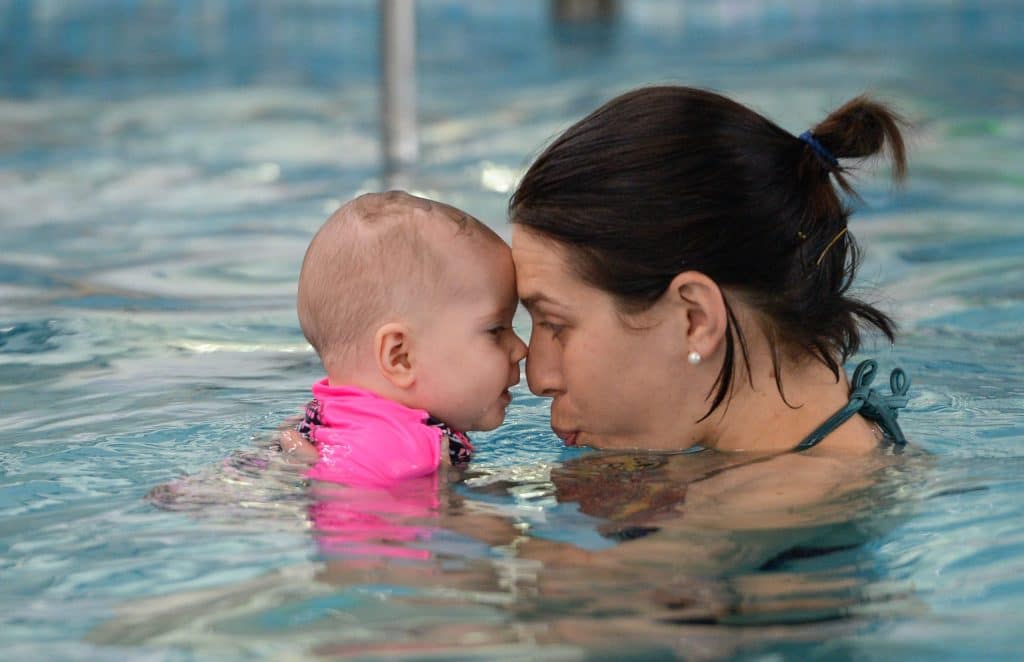
Parents should look for instructors who are experienced in teaching young children, have proper certifications, and create a safe and fun environment for learning.